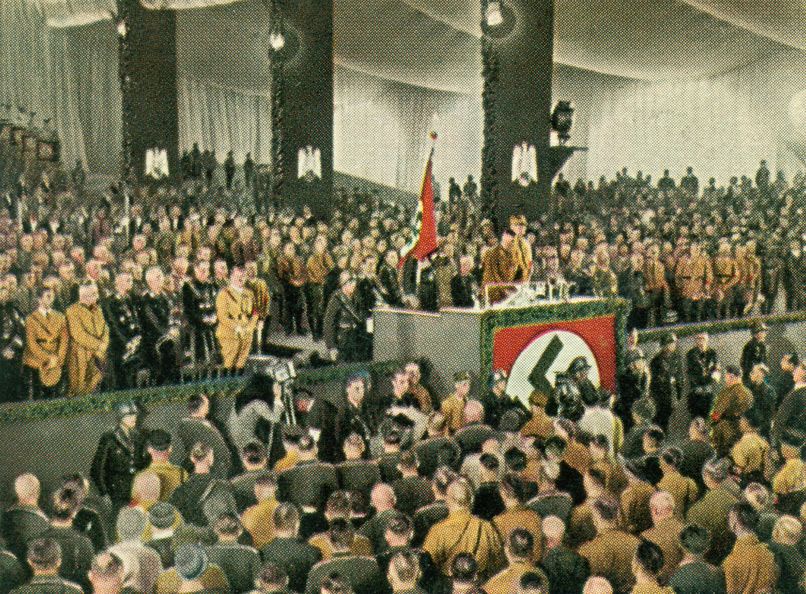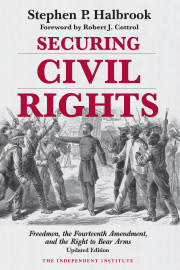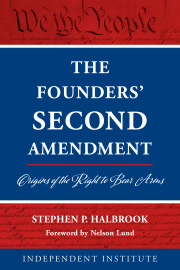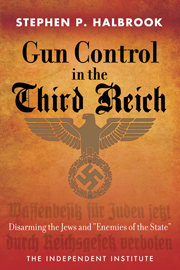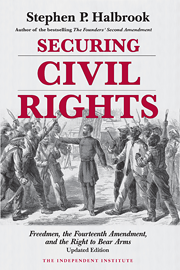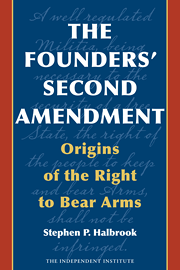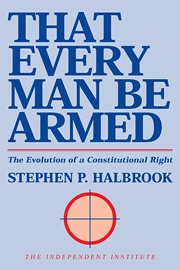Attorney General Eric Holder told Congress in April about an idea he had directed the Department of Justice to investigate: a requirement that gun owners wear electronic bracelets that would enable only registered owners to activate their firearms. Some critics, focusing on abusive surveillance powers, have called it Orwellian.
But one needn’t look to fiction to be wary: History offers numerous examples of well-intentioned policies to control crime that have had disastrous consequences. In my new book, “Gun Control in the Third Reich,” one particularly horrific case study begins in Germany during the tumultuous early 1930s.
In 1932, Alfred Flatow, the three-time gold medalist in gymnastics at the 1896 Olympics, complied with a gun-registration requirement that Weimar officials hoped would reduce the threat posed by extremist groups. The former athlete dutifully registered three handguns, but this didn’t spare him. The government warned that gun-ownership records must be stored securely so they wouldn’t fall into the wrong hands. It failed to consider that only law-abiding citizens would register, whereas political extremists and criminals would not.
In 1933, the ultimate extremist group, led by Adolf Hitler, seized power and immediately set about using gun-registration records to identify, disarm and attack “enemies of the state,” a euphemism for all political opponents. Police conducted search-and-seizure operations for guns and “subversive” literature in Jewish communities and working-class neighborhoods.
By fall 1938, the Nazis were ratcheting up measures to expropriate the assets of Jews. To ensure that they had no means of resistance, the Jews were ordered to surrender their firearms.
Flatow, who was Jewish, walked into a Berlin police station to comply and was arrested on the spot, as were other Jews standing in line. The arrest report confirmed that his pistols were duly registered, which was how the police knew he had them. While no law prohibited a Jew from owning guns, the report recited the Nazi mantra: “Jews in possession of weapons are a danger to the German people.” Despite his compliance, Flatow was turned over to the Gestapo.
This scenario took place all over Germany; firearms were confiscated from all Jews registered as gun owners. As this happened, an unrelated event provided just the rationale the Nazis needed to launch a violent attack on the Jewish community: A Polish teenager who was Jewish shot a German diplomat in Paris. The stage was set for Kristallnacht, the Night of the Broken Glass, a carefully orchestrated Nazi onslaught against the entire Jewish community in Germany.
Under the pretense of searching for weapons, Jewish homes were vandalized, businesses ransacked and synagogues burned. Jews were terrorized, beaten and killed. Orders were sent to shoot anyone who resisted. Under SS head Heinrich Himmler’s decree, an estimated 20,000 Jews were thrown into concentration camps for violating gun laws or just for being Jewish.
Kristallnacht has been called the day the Holocaust began. Flatow’s footsteps can be followed to see why. He would be required to wear the Star of David. In 1942, he was deported to the Theresienstadt concentration camp, where he was starved to death.
None of this is to claim that Eric Holder or today’s proponents of gun control are totalitarians in waiting. But this frightening saga is a reminder of good intentions gone horribly wrong. And unless we let the lessons sink in, we will dishonor honorable people such as Alfred Flatow—and millions more whose suffering we should never forget.

